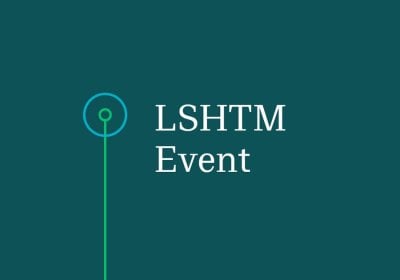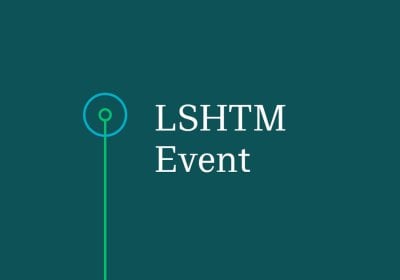Consensus ≠ consent: historicising the trouble with medical male circumcision for HIV prevention in Africa
Voluntary Medical Male Circumcision (VMMC) for HIV prevention in Kenya is normally applauded as a success story for global health when compared with other African countries where its uptake is slow or resisted. Over 15 million men and boys have been medically circumcised in eastern and southern Africa from 2007 to 2017. Some 1.13 million Kenyan males have undergone VMMC, the overwhelming majority of which are from one ethnic community, the Luo, who are the principal population targeted by this medical intervention.
While VMMC is now an integral part of HIV and STI prevention work in Africa, integrated into reproductive and sexual health outreach among men, its acceptance within the targeted communities has been a long process and fraught with social, political and ethical tensions. VMMC is a productive field, with thousands of scientific papers published, yet surprisingly there has been a conspicuous silence from historians about this remarkable biomedical intervention.
This talk historicises medicalised male circumcision in Kenya and focuses attention on the disjuncture between scientific consensus-making and the socially complex processes involved scaling up a medical intervention like VMMC. It argues historically that Kenya's 'success' lies in part by the normative place of medicalised male circumcision throughout the country, practices that began to make cultural and legal in-roads into Kenyan social life in the early 1920s as missionary doctors struggled to find ways to keep their Christianised pupils in school through preventing their participation in indigenous initiatory rites of passage. At the heart of these colonial innovations to the ritual process were questions of proxy consent and it is instructive for observers of VMMC, in the here and now, to examine these historical issues in light of the current dilemmas and debates within this branch of HIV prevention. The talk should stimulate new discussions about how the scientific consensus over VMMC efficacy makes it more difficult to pin-point bioethical blackspots in the consent-seeking processes used to secure its reproduction as a financially viable and medically sustainable component of HIV prevention.
Mark Lamont's current project is 'Male Circumcision in Kenya: biomedicalisation and masculinity in contemporary culture.'
Admission
Contact



